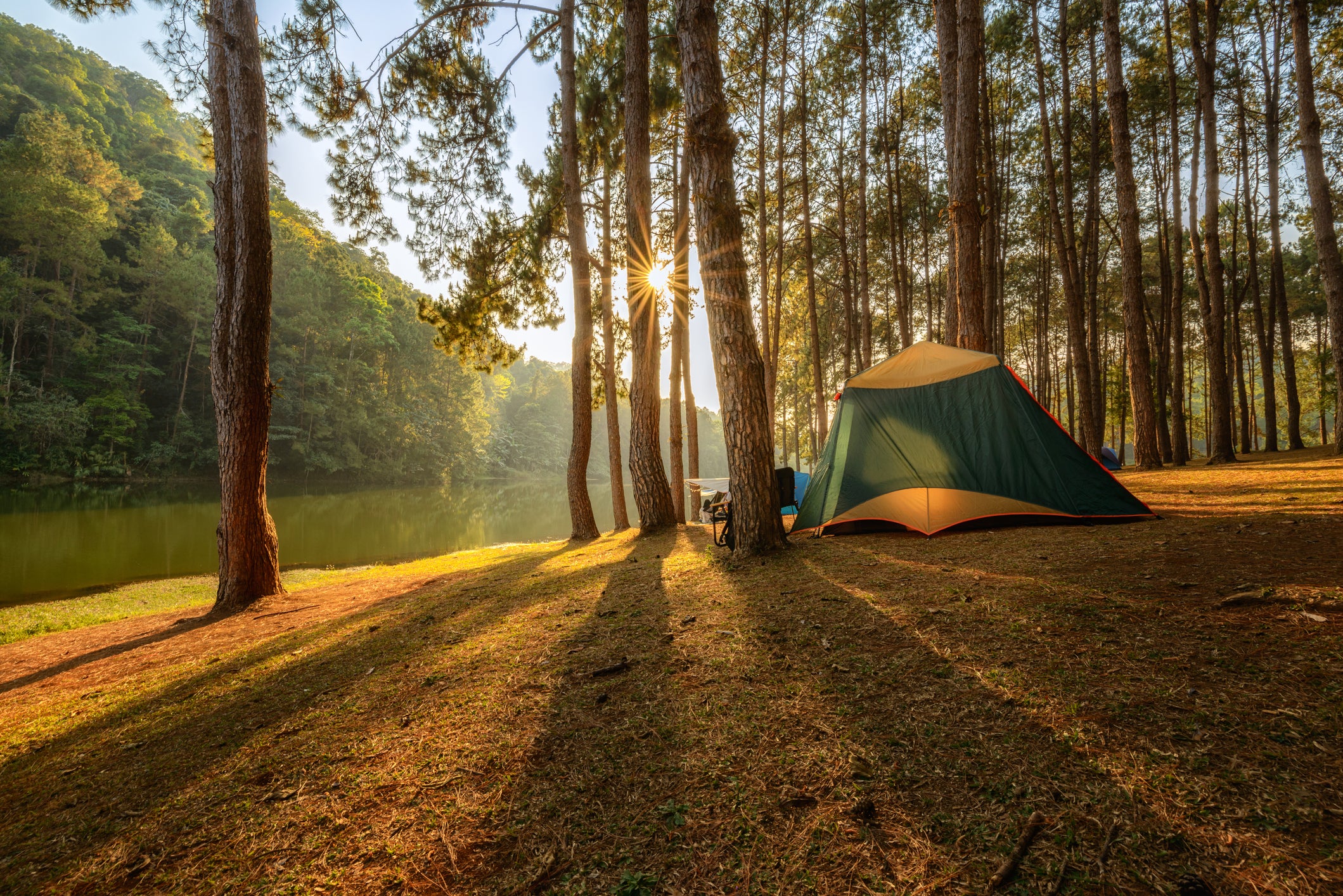Camping during the summer months can be an exhilarating experience, but it also poses unique challenges, especially when it comes to staying safe in hot weather. Whether you're a seasoned camper or embarking on your first outdoor adventure, it's essential to take precautions to protect yourself from the heat and ensure a safe and enjoyable camping trip. Here are some tips for safe camping in the summer heat:
-
Choose the Right Campsite: Select a campsite that offers plenty of shade, especially during the hottest parts of the day. Look for campsites with natural shade from trees or opt for campsites equipped with shade structures or shelters.
-
Stay Hydrated: Hydration is key to staying safe and healthy in hot weather. Drink plenty of water throughout the day, even if you don't feel thirsty. Bring along an ample supply of water or a portable water filtration system to ensure access to clean drinking water at all times.
-
Avoid Peak Sun Hours: Minimize exposure to the sun during the hottest parts of the day, typically between 10 a.m. and 4 p.m. Plan outdoor activities such as hiking or exploring for early morning or late afternoon when temperatures are cooler.
-
Dress Appropriately: Wear lightweight, breathable clothing that covers your skin to protect against sunburn and insect bites. Opt for light-colored clothing that reflects sunlight rather than absorbing heat. Don't forget to wear a wide-brimmed hat and sunglasses for added protection.
-
Use Sunscreen: Apply sunscreen with a high SPF (Sun Protection Factor) to exposed skin, including your face, neck, arms, and legs. Reapply sunscreen every two hours, especially after swimming or sweating. Choose a sunscreen that offers broad-spectrum protection against both UVA and UVB rays.
-
Take Breaks in the Shade: Schedule regular breaks in shaded areas to rest and cool down. Set up a canopy or portable shade structure at your campsite to create a comfortable outdoor living space where you can relax and escape the sun's intense heat.
-
Keep Your Tent Cool: Take steps to keep your tent cool during the day to ensure a comfortable sleeping environment at night. Set up your tent in a shaded area and keep windows and doors open to promote airflow. Consider using a battery-powered fan or portable evaporative cooler to circulate air and lower the temperature inside the tent.
-
Stay Cool with Wet Towels or Clothing: Dampen a towel or piece of clothing with water and place it around your neck or on your forehead to help cool your body temperature. You can also soak your feet in a basin of cool water or take a refreshing dip in a nearby stream or lake.
-
Monitor for Signs of Heat-related Illness: Be vigilant for symptoms of heat exhaustion or heatstroke, such as dizziness, nausea, headache, rapid heartbeat, or confusion. If you or anyone in your group experiences these symptoms, move to a shaded area, drink water, and seek medical attention if necessary.
-
Plan Meals Wisely: Opt for light, refreshing meals that don't require cooking or generate excess heat. Choose foods high in water content, such as fruits, vegetables, and salads, to help stay hydrated. Consider packing a portable cooler with ice packs to keep perishable foods fresh.
-
Stay Informed about Weather Conditions: Keep an eye on weather forecasts and be prepared for sudden changes in weather, such as thunderstorms or heatwaves. Have a plan in place for seeking shelter or taking appropriate precautions in the event of severe weather.
-
Stay Insect-aware: Summer camping often means encountering insects like mosquitoes and ticks. Protect yourself by wearing insect repellent containing DEET or picaridin, wearing long sleeves and pants, and avoiding areas with standing water where mosquitoes breed. Check for ticks regularly, especially after hiking or spending time in wooded areas.
-
Be Prepared for Emergencies: Pack a well-stocked first aid kit and familiarize yourself with basic first aid procedures for treating common camping injuries and illnesses. Carry a charged cell phone or satellite communicator for emergencies and know the location of the nearest medical facilities or ranger station.
-
Respect Your Limits: Know your physical limits and pace yourself during outdoor activities. Avoid overexertion in extreme heat and take breaks as needed to rest and recharge. Listen to your body and prioritize safety and well-being above all else.
-
Leave No Trace: Practice Leave No Trace principles to minimize your impact on the environment and preserve natural resources for future generations. Pack out all trash, dispose of waste properly, and respect wildlife and natural habitats.
By following these tips for safe camping in the summer heat, you can enjoy all the joys of outdoor adventure while staying healthy, hydrated, and protected from the sun's intense rays. Whether you're camping in the mountains, by the beach, or in the desert, proper preparation and precautionary measures will ensure a memorable and safe camping experience for you and your fellow campers.

